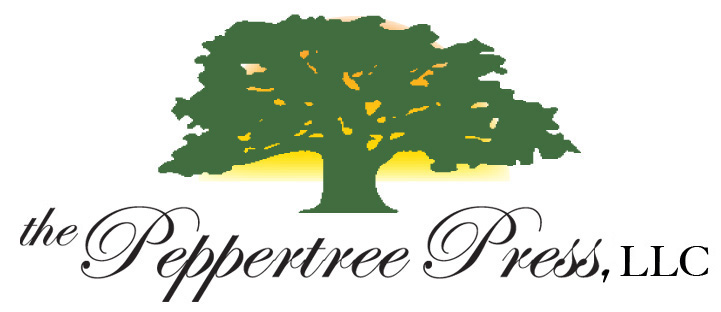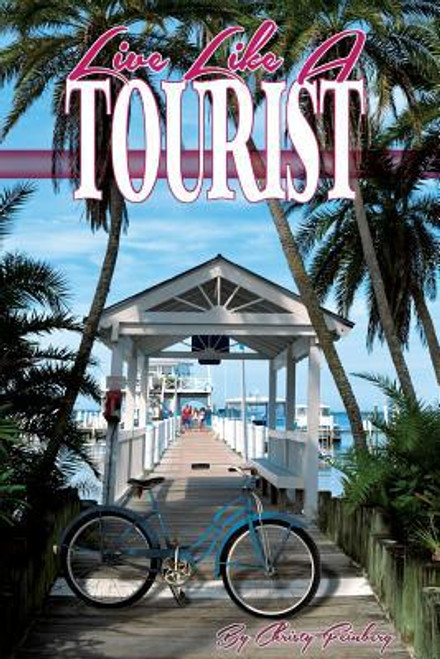Every time I dive, no matter where I am, I am always filled with wonder. Ever since I was four years old and wandered the beaches of South Carolina, wondering what lay beyond and under the water, I have been fascinated with the sea. Each time I walked the beach, the sea would deliver these incredible living creatures to my feet – seashells. I became enamored with these exquisite gems and dreamed of someday seeing them living in all their finery. I became certified to dive in 1981, and the sea has never once disappointed my sense of awe in its creatures. Everyone knows what a seashell is but do they really know what makes these incredible shells? Have they ever seen the living animals? Very few of my readers have seen or even encountered the living animal, and thus my two previous books have been a success vis-à-vis demonstrating the animals. They have educated and (hopefully) elevated those people who have seen a living mollusk. In my previous two books. Living Shells and Living Mollusks, I have photographed living mollusks, including living shells, in their native habitat and introduced my readers to the exceptional beauty of living mollusks – living seashells. I have been astonished at the worldwide acclaim garnered by these books. So, why a third book about living shells? With this book I am hoping to open the world to an artistic interpretation of these living mollusks – to share with the world a unique view that is the beauty of these creatures. As William Blake noted: “If the doors of perception were cleansed everything would appear to man as it is, Infinite. For man has closed himself up, till the sees all things thro’ narrow chinks of his cavern.” I began to view these mollusks in a different way, a cleansed perception if you will, and in a way that I wanted to show other people. I wanted to photograph these mollusks in a way that would highlight their form, their color, their pattern; in a way that presented them in their true uniqueness. I photographed them using different lighting techniques, angles, and in their abstract beauty. They became my muses. Moreover, I have provided a personal insight into those photographs. Be they photographs of cephalopods from New Guinea, volutes from Australia, nudibranchs from Baja, or shells from the Pacific Northwest, I have provided the how, why, where and when for each photograph. This is art from a source that is quickly disappearing. Living mollusks are disappearing due to climate and environmental degradation as well as human destruction of habitats. Enjoy them while you can. Charles E. Rawlings MD, JD







